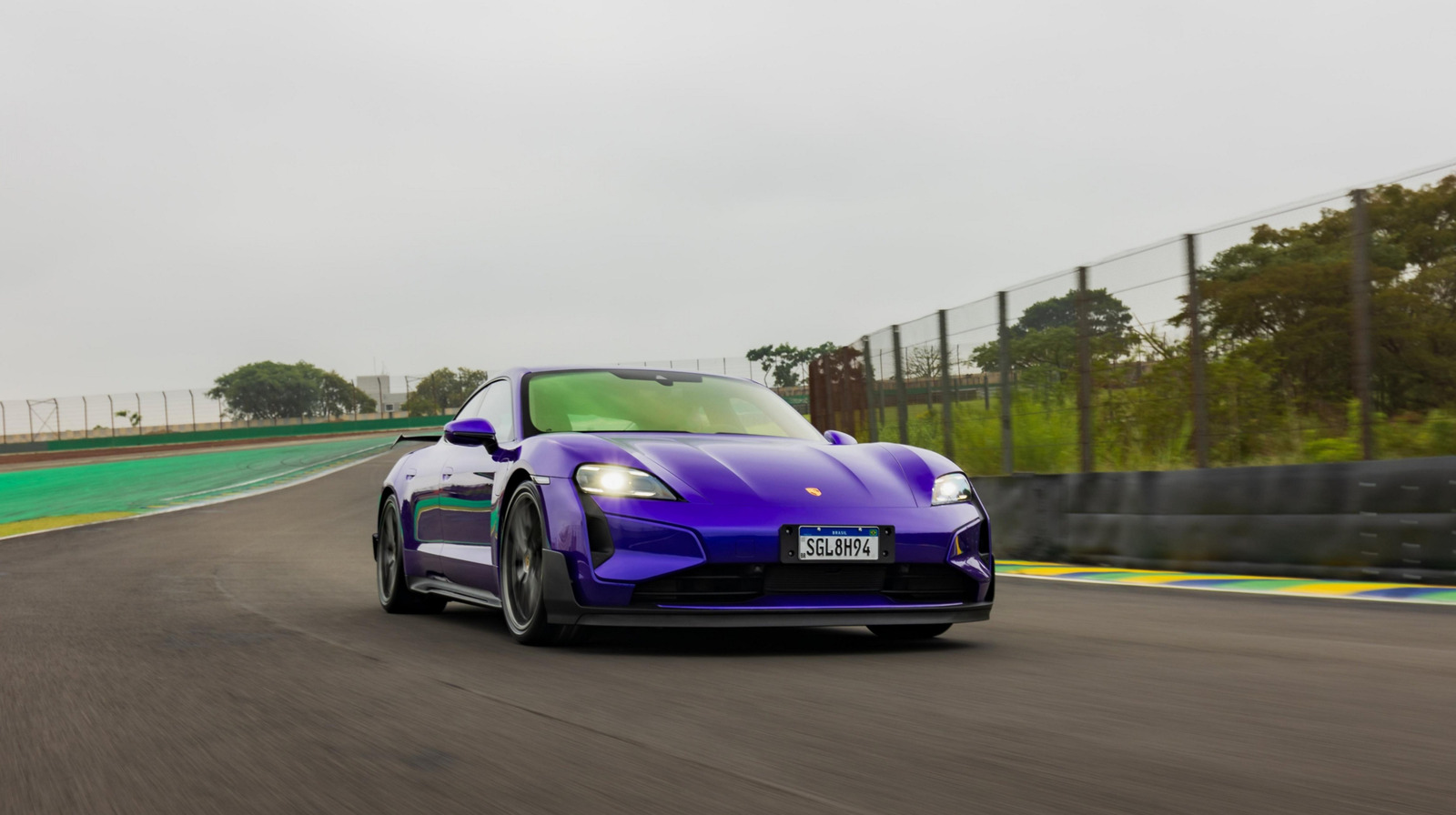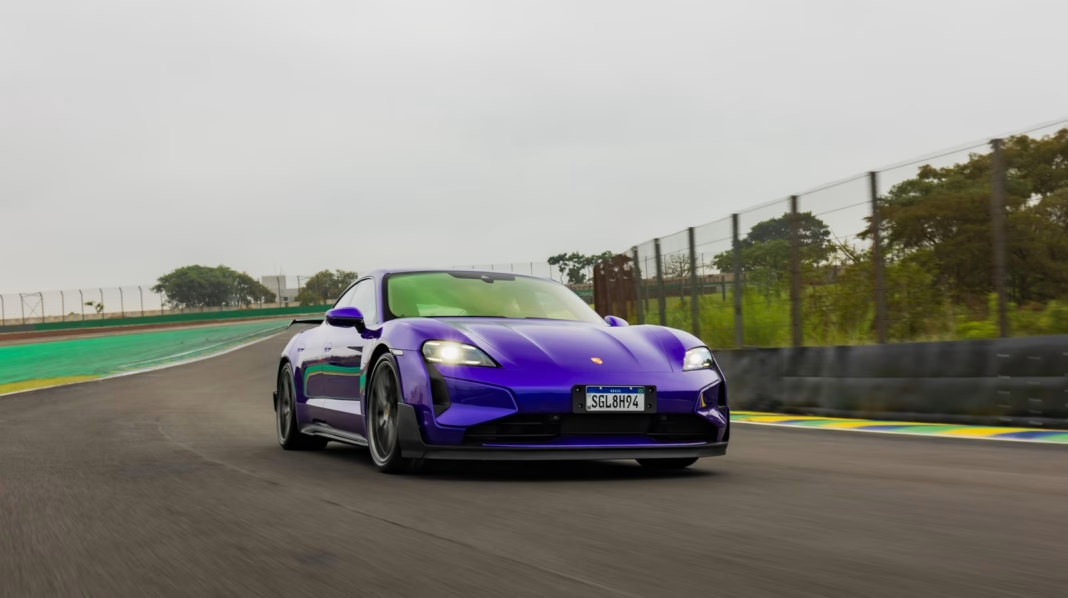Why Isn’t Porsche Making Its Own High-Performance Batteries?
If you’ve been following the electric car revolution, you might wonder why a brand like Porsche—famous for pushing the envelope—has decided to step back from developing its own high-performance EV batteries. After all, wouldn’t a company built on precision engineering want to control every bolt and electron? Turns out, the answer is more nuanced than it first appears.
What’s Behind Porsche’s Decision to Step Back?
The EV battery race is fierce, expensive, and full of risk. Developing cutting-edge battery tech isn’t just about chemistry; it’s about scaling manufacturing, sourcing rare materials, and staying ahead of a curve that’s moving at breakneck speed. According to BloombergNEF, battery costs have dropped by more than 80% since 2010, but the investment required to stay competitive is staggering. For Porsche, the calculus is simple: why pour billions into a technology that’s evolving so rapidly when you can partner with proven suppliers and focus on what you do best—building world-class sports cars?
How Does This Move Align With Porsche’s Strengths?
Porsche’s DNA is all about driving dynamics, design, and that unmistakable feeling you get behind the wheel. By letting battery specialists handle the heavy lifting, Porsche can double down on the things that set it apart. Think about the Taycan: it’s not the battery that makes it special, but how Porsche tuned the chassis, the steering, and the software to deliver a driving experience that feels unmistakably Porsche. The company’s expertise isn’t in battery chemistry—it’s in making your heart race.
Are There Risks in Outsourcing Battery Tech?
Sure, there’s always a trade-off. Relying on external suppliers means Porsche could be vulnerable to supply chain hiccups or miss out on proprietary tech. But the flip side is agility. By not tying itself to a single battery technology or factory, Porsche can pivot as the market shifts. If a breakthrough in solid-state batteries happens next year, Porsche isn’t locked into yesterday’s investments. That’s a flexibility most automakers would envy.
What Does This Mean for Porsche’s Electric Future?
Some might worry that Porsche is falling behind, but the reality is more optimistic. The global battery industry is maturing fast, with giants like CATL, LG Energy Solution, and Panasonic investing billions into R&D. By tapping into this ecosystem, Porsche can cherry-pick the best tech as it emerges. It’s a bit like Porsche’s approach to engines in the past—sometimes they built their own, sometimes they sourced from the best. The result? Pure magic.
How Are Other Automakers Approaching the Battery Challenge?
It’s worth noting that Porsche isn’t alone in this strategy. Even Tesla, which famously makes its own battery cells, still partners with outside suppliers for certain models. Ford, BMW, and Mercedes-Benz have all announced joint ventures or supplier agreements to share the burden and risk. The landscape is shifting from a race to build everything in-house to a more collaborative, modular approach. This lets brands focus on their unique strengths while leveraging the best tech available.
Will Porsche’s Choice Affect Performance or Quality?
If anything, Porsche’s move could improve both. By sourcing batteries from industry leaders, Porsche ensures its cars benefit from the latest advancements in energy density, charging speed, and longevity. Meanwhile, the company’s engineers can focus on integrating these batteries into vehicles that deliver the signature Porsche experience. It’s a win-win—customers get cutting-edge tech without sacrificing what makes a Porsche a Porsche.
What Should Porsche Fans and Buyers Expect Next?
Expect more innovation where it counts. Porsche is already investing heavily in electric motors, advanced software, and lightweight materials. The company’s recent announcements suggest a continued focus on electrification, but with a clear-eyed view of where its real value lies. In other words, Porsche isn’t trying to be a battery company—it’s staying true to its roots as a maker of thrilling, beautifully engineered cars.
The big takeaway? Porsche’s decision to sidestep the battery arms race isn’t about perfection—it’s about smarter adjustments. Start with one change this week, and you’ll likely spot the difference by month’s end. Sometimes, knowing what not to do is the ultimate power move.


